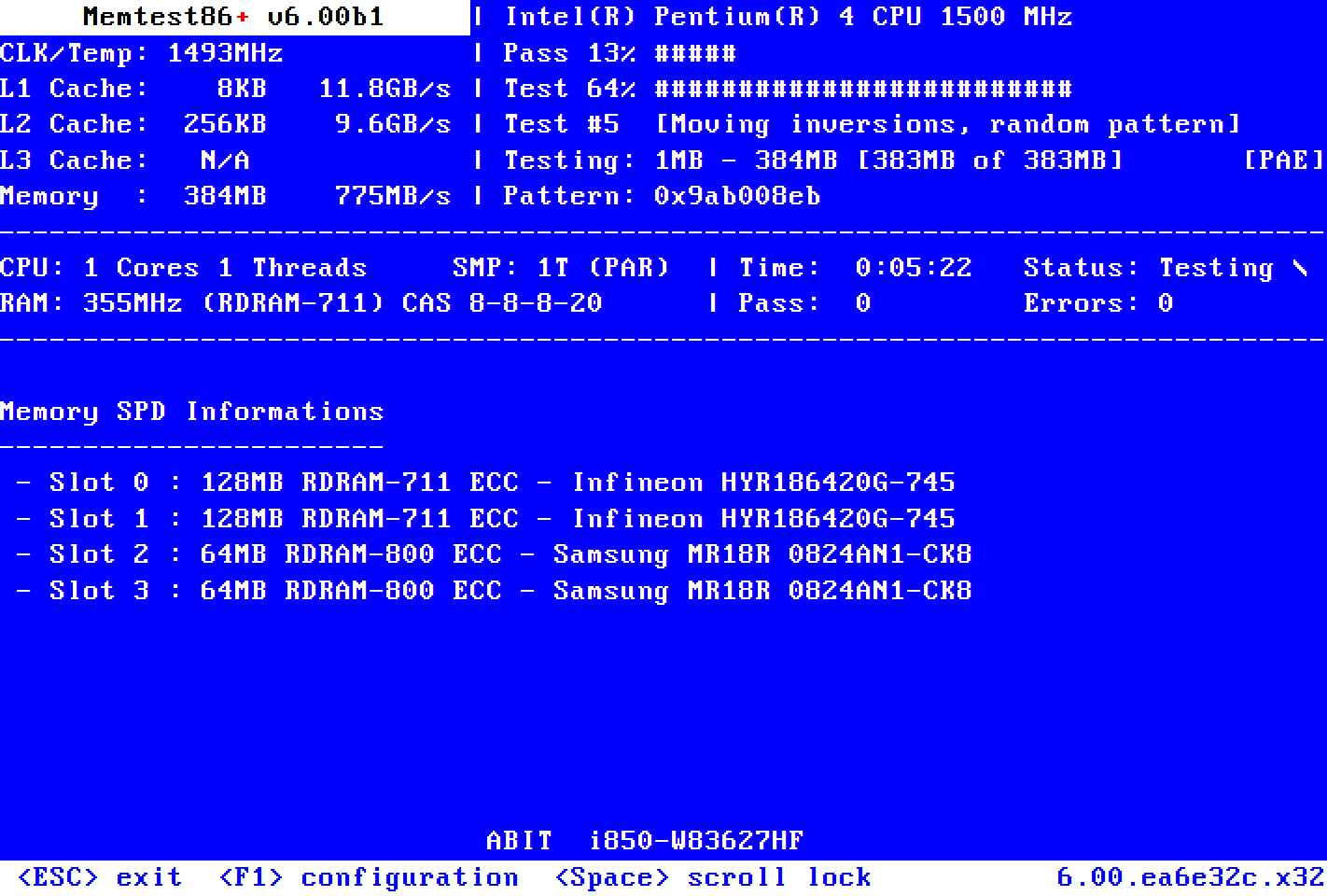I want to try and make my RAM timings looser so that game crashes I get (very infrequently) stop happening, as I think it is probably due to RAM instability with XMP.
Currently the timings are 16-20-20-38-58 and I just wanted to know for example if I wanted to loosen them, would I go up in 2s, 1s, or how far apart does each set of numbers need to be from eachother? And which number(s) are most important to change? This is at 3200MHz.
Currently the timings are 16-20-20-38-58 and I just wanted to know for example if I wanted to loosen them, would I go up in 2s, 1s, or how far apart does each set of numbers need to be from eachother? And which number(s) are most important to change? This is at 3200MHz.



